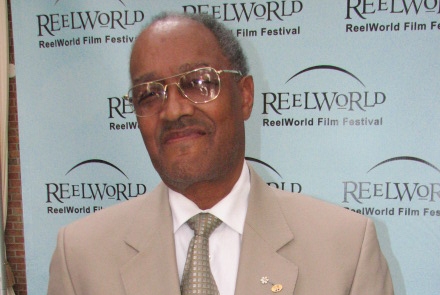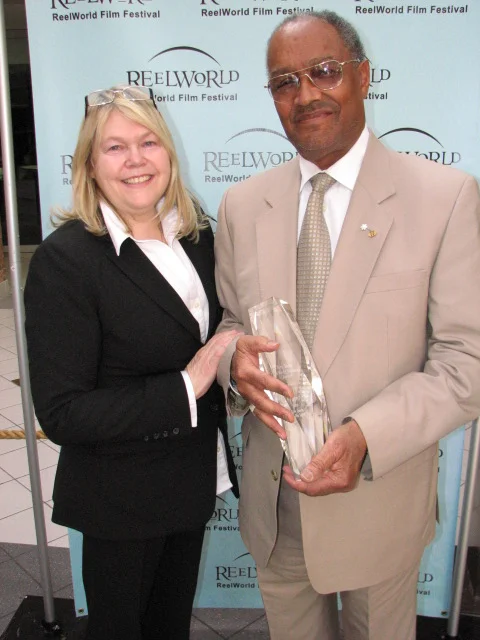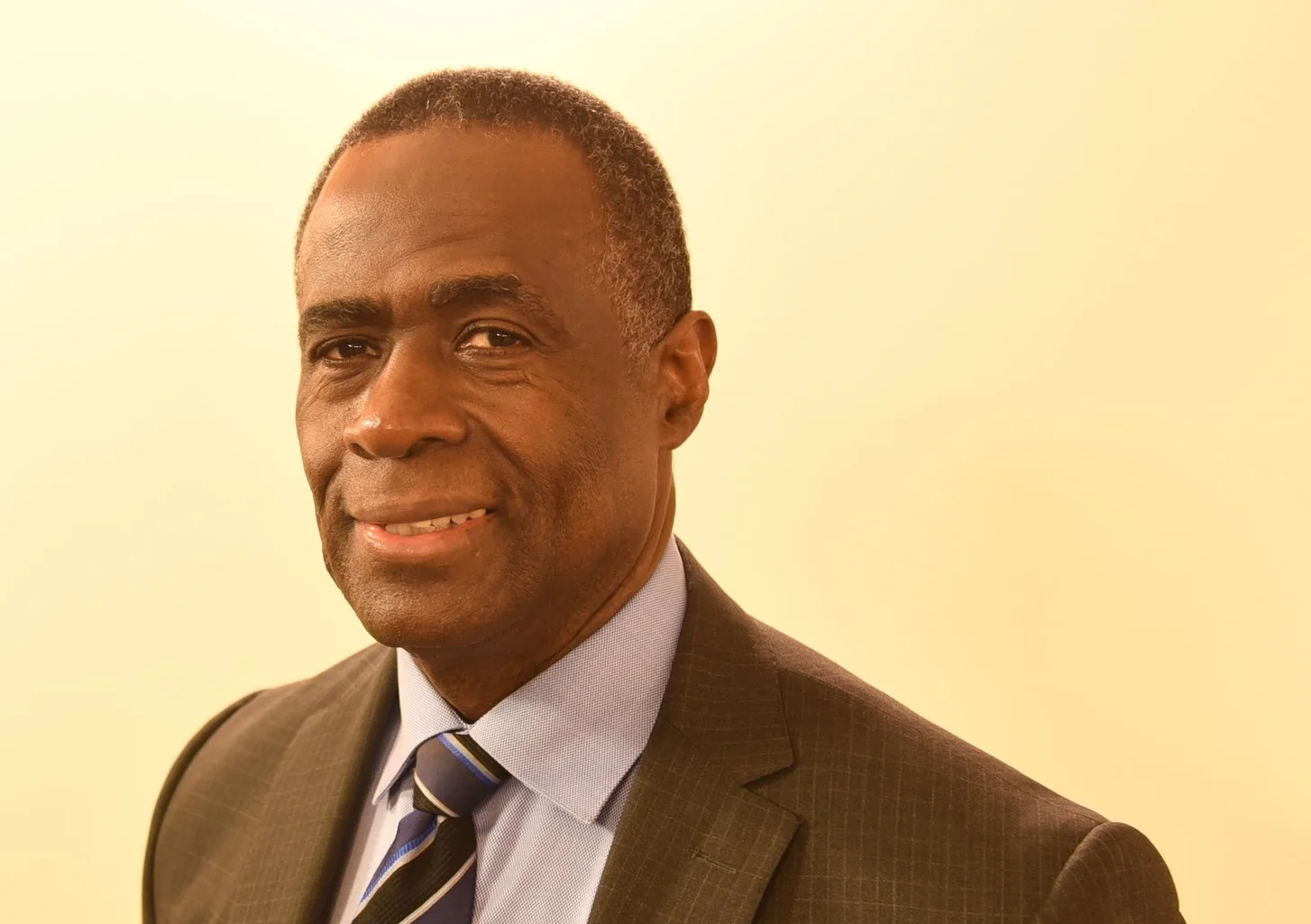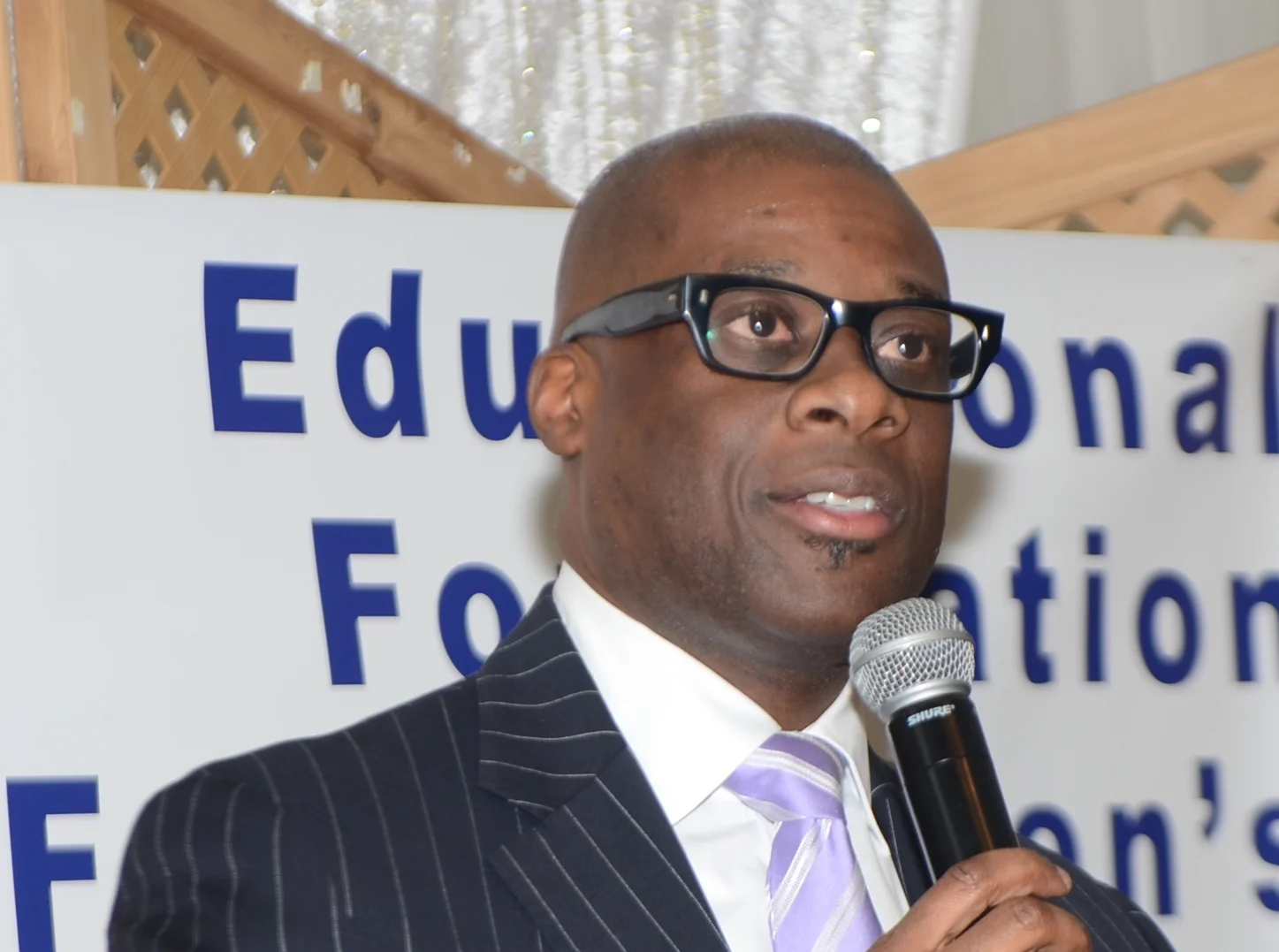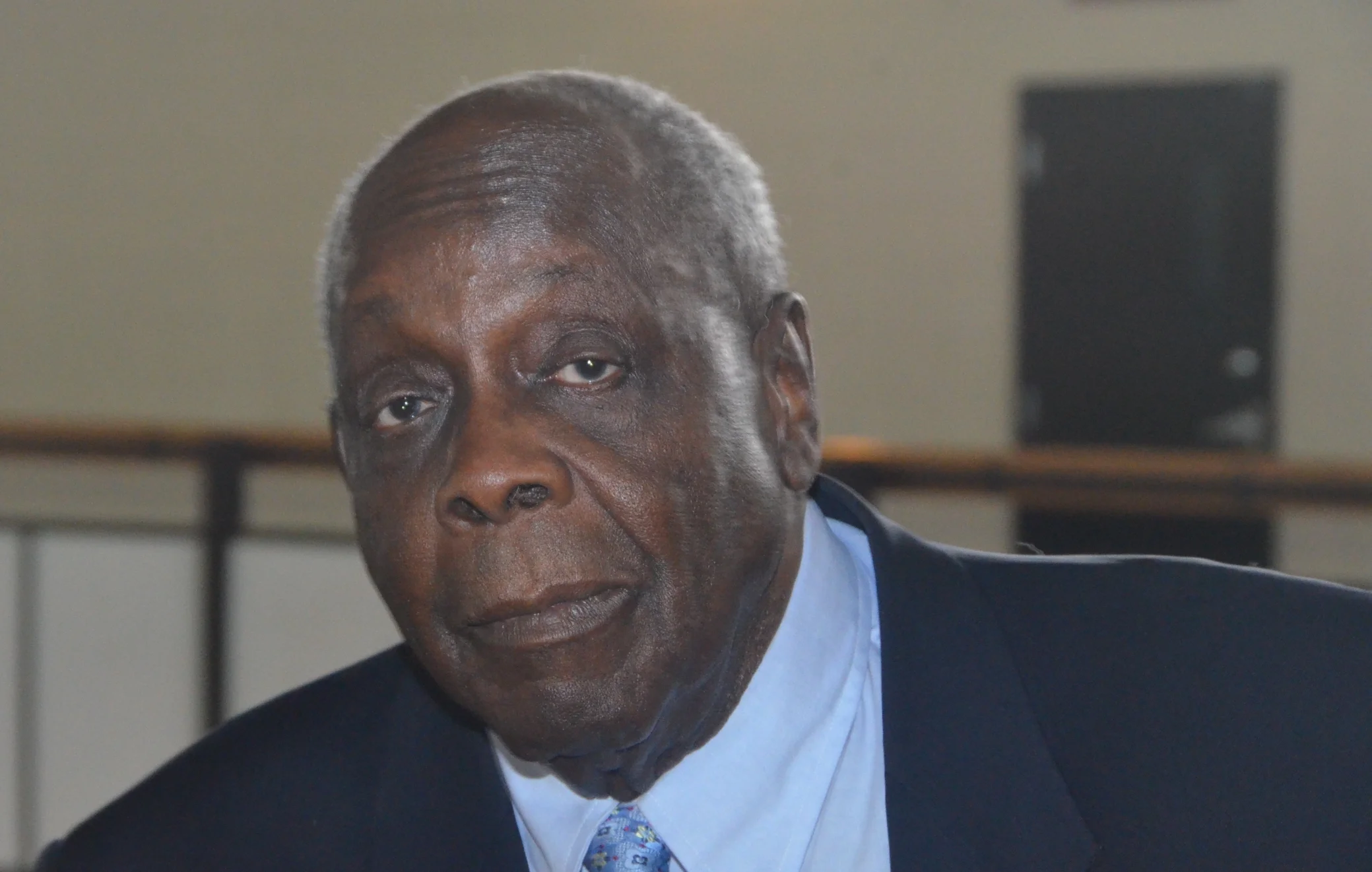Fil Fraser was a role model and media trailblazer
December 14, 2017
Fil Fraser was one of the very few Blacks writing, producing and directing documentaries for television in the 1970s.
Before that, he was Canada’s first Black broadcaster, beginning his career as a teenager hosting an afternoon adolescent program on CJAD before working with late legendary hockey broadcaster Foster Hewitt on his CKFH station in Toronto in 1951.
The trailblazer passed away on December 3 in Edmonton at age 85.
When asked who blazed a trail for him, the answer is very easy for retired Canadian television journalist Jojo Chintoh.
“Fil Fraser not only blazed a trail for me, but he did so in radio, TV and film during a period in our recent history when a Black voice in those mediums was a big deal,” Chintoh said. “When I started in TV, there was hardly anybody that looked like me. Fil started 27 years earlier. This was a Black man with a high school education at the time and a desire to be the best he could.”
Born in Montreal, Fraser went on to complete a psychology degree at McGill University, chair the first Alberta Film Festival, serve as the Alberta Human Rights Commission chief commissioner for three years and president and chief executive officer of Vision TV for five years, establish a Master’s program in Canadian film at Athabasca University and receive induction into the Order of Canada.
He also wrote, ‘Running Uphill: The Fast, Short Life of Canadian Champion Harry Jerome’, and was the recipient of many honours, including the Tony Stoltz Memorial Visionary Award presented at the annual ReelWorld Film Festival.
Lynne Stoltz presented the Tony Stoltz Memorial Visionary Award to Fil Fraser at the 2008 ReelWorld Film Festival
“When I was young person, his name appeared on the radar and it struck me because he was the only one of colour at the time,” said ReelWorld Film Festival founder Tonya Williams. “It is my hope that his name will never be forgotten. This is one of the things I admire what they do in the United States. They don’t ever forget the people who blazed a trail and kicked opened doors. They hold on to their history. Black Canadians don’t seem to do the same. My success is because of Fil Fraser.”
Fraser worked in public relations before starting the ‘Regina Weekly Mirror’ in 1960 that chronicled the introduction of Medicare by Tommy Douglas. In 1969 while in Edmonton, he joined the Metropolitan Edmonton Educational Television Association and was program manager for Canada’s first educational TV station that went on air a year later. He co-hosted CBC Edmonton's evening news and public affairs program for three years up until1973 and was the summer replacement host of ‘Take 30’, the national public affairs program.
During the 1970s, Fraser wrote, produced and directed several documentary films for TV, founded the Banff International Television festival and was a member of the Alberta Task Force on Film whose report led to the establishment of the Alberta Motion Picture Development Corporation. He was also a member of the 1985 Federal Task Force on Broadcasting Policy whose report, a year later, formed the basis for a new Canadian Broadcasting Act.
DiversiPro Inc. president and co-founder Hamlin Grange said Fraser was a very smart man who did a lot behind the scenes.
“As the only Black man in a position of authority in the broadcasting sector, he had a very delicate traverse which he did successfully,” said Grange. “We didn’t always agree on approaches, but I respected him because he loved the Black community and he supported it.”
The producer of several successful films, including ‘Why Shoot the Teacher’, ‘Marie Anne’ and ‘The Hounds of Notre Dame’, Fraser inspired many young media practitioners, including former CBC Toronto reporter Dayo Kefentse.
“I will never forget the impact of this man,” she said. “When he hired me to do some research for him for the book he was writing about Harry Jerome, instead of paying me with cash, he bought me a small blue mini disc recorder. He encouraged me to believe that I didn't always need a broadcaster's permission to tell stories. With my own tool, he pushed me to believe that I can use it to tell people's stories and to make my own way. Fil Fraser shifted my direction for the better. I am grateful to have known and spent time with him.”

